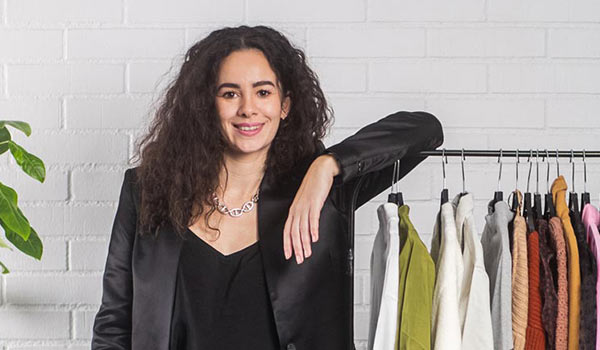An article about mental health, convictions and running a start-up.
Mental health is something pretty common amongst entrepreneurs.
72% of entrepreneurs are directly or indirectly affected by mental health issues compared to just 48% of non entrepreneurs.
Why Entrepreneurs Need To Talk About Their Mental Health – Forbes Dan Murray-Serter
I have now understood how important it is to talk about it. If you can relate, just know that you’re not alone and it will be ok. I believe that my ability to recognise the status of my mental health actually made me a stronger person/CEO/Founder.
My first venture was founded in 2016. I can’t recall the exact timeline but it pretty much aligned with the first time that my own mother started to suffer from mental health issues. Looking back at it, she probably suffered from it for a long time but it would only really translate into scattered bursts here and there.
I became an entrepreneur because of my convictions that we should all use our expertise and knowledge to build a positive future and add value.
So for a little less than 2 years, I was constantly juggling with this purpose that I felt so responsible for and the complexity that comes with a beloved one struggling with mental illness. In both scenarios I felt guilty for not giving it my 100%, anxiety slowly got to me.
I felt completely powerless trying to support my mother so I never stopped working. At times I had three different jobs to keep my start-up alive and make sure that my team will get paid at the end of the month. I compensated the time that I didn’t spend with my family into work. All of that, thinking that it would make up for it. Work was the only thing where I still felt in control.
On July 27th 2018, my mother passed away.
We (My dad, my sister and I) felt empty and short of words to express our feelings about the years that led to this event. I took all of those feelings and shoved them back into work.
After 3 months of refusing to deal with my loss, I experienced a panic attack for the first time. One of the scariest experience I’ve had to be honest, and I promised myself “never again”.
I did the best that I could to help my team find a new job, I quit job #2 and went full-time in job #3. I was consulting for Spotify. I wasn’t giving up on my convictions, I was taking a needed break.
I regained financial stability and recharged my batteries through things that I enjoyed: cooking, discovering new restaurants with my partner, taking my sister on weekend trips, rebuilding myself.
Today, I have been running Hackyourcloset.com for almost 2,5 years. I have learned how to live with anxiety and how to best leverage this extra-sensitivity and trying to become the best CEO that I can be for my team.
I feel things like I’ve never did before, my gut feelings have became really strong and so are my convictions.
With the responsibilities that my position requires, I do not take a lot of extensive holidays but I know exactly when it is time for me to stop, go to bed, have a drink with friends or be with my family.
2021 is the year that I am finally able to talk about my feelings and share my story. I can’t wait for 2022 to start! 🚀
Lisa
72% of entrepreneurs are directly or indirectly affected by mental health issues compared to just 48% of non entrepreneurs. That’s according to a study by the National Institute of Mental Health. 49% of entrepreneurs deal with mental health issues directly while only 32% of others experienced them. Similarly, 23% of entrepreneurs have family members who face these issues compared to just 16% of others with family members who face these same types of issues.
76,596 total views
